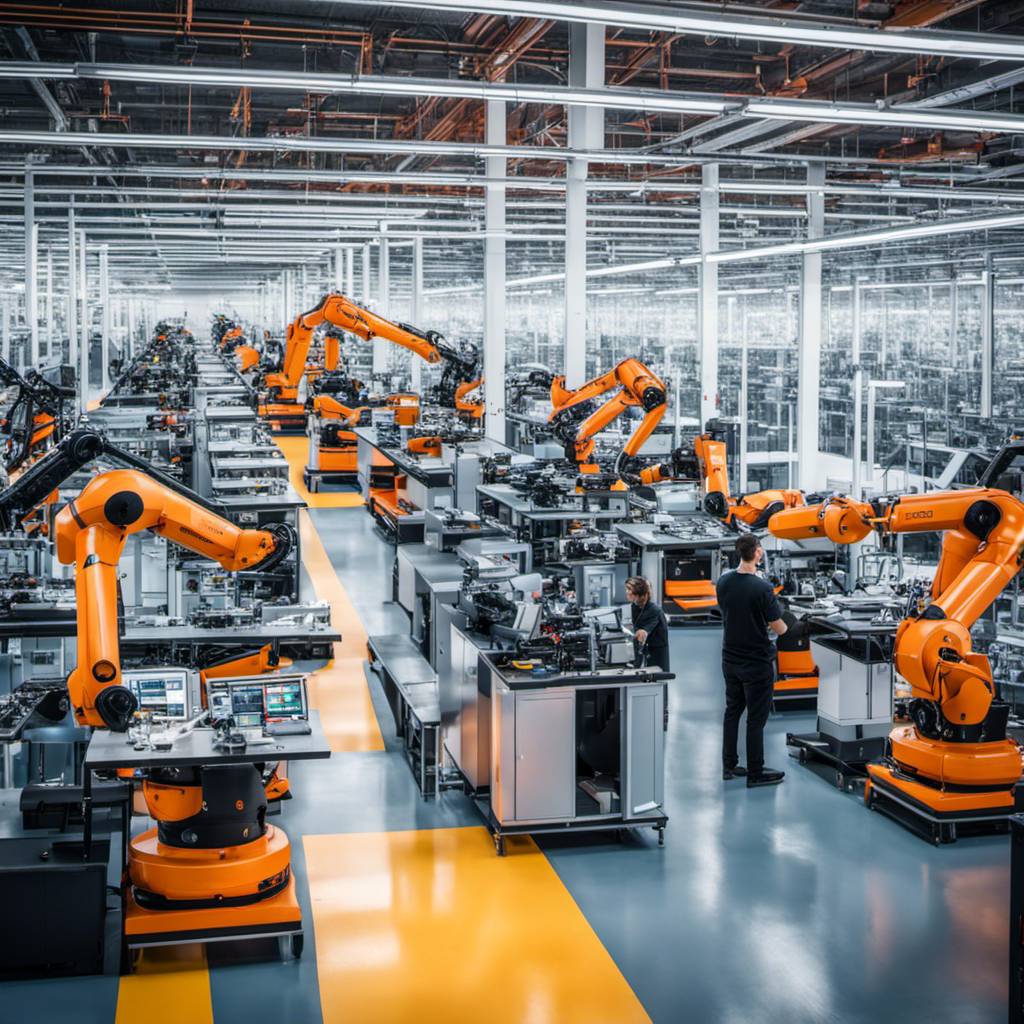The Robotics Factory, Pittsburgh’s newest addition to the burgeoning technology sector, officially opened its doors last Thursday. The launch was marked by a reception and a series of presentations at its Lawrenceville center. The 18,000-square-foot facility, located in the Tech Forge building on 47th Street, presently houses six early-stage robotics companies. These startups are part of Innovation Works’ acceleration program, which provides them with $100,000 in funding, mentorship, and other resources necessary for growth.
While self-driving truck companies like Aurora Innovation Inc. and Stack AV have been making headlines for Pittsburgh’s ascendancy as a robotics hub, the six startups at the Robotics Factory stand out for their customized solutions to industry needs. Kevin Dowling, the interim director of the Robotics Factory, remarks, “The self-driving vehicle industry is still largely in the R&D phase. However, robotics has evolved beyond academia; it’s now a tangible reality. Its long-term impact could be immense.”
The Robotics Factory was conceived from a competitive $62.7 million Build Back Better Regional Challenge grant awarded last year to the Southwestern Pennsylvania New Economy Collaborative. The grant aims to boost the robotics and autonomy industries in an 11-county region surrounding Pittsburgh. Carnegie Mellon University President Farnam Jahanian and Allegheny Conference on Community Development CEO Stefani Pashman co-chair the New Economy Collaborative.
Pittsburgh, once known for its steel production, now hosts over 100 organizations involved in artificial intelligence and robotics, as per the Pittsburgh Robotics Network. Many of these organizations are situated in the city’s “Robotics Row” – a section of Lower Lawrenceville and Strip District anchored by Carnegie Mellon University’s National Robotics Engineering Center. This 200,000-square-foot center opened its doors in 1996 and is planning to expand with a 150,000-square-foot Robotics Innovation Center at the Hazelwood Green site. The new center will include a 65,500-square foot outdoor testing area.
“Pittsburgh has been a fertile ground for robotics for several years now,” says Matthew Johnson-Roberson, director of CMU’s Robotics Institute. “We’re nurturing an ecosystem here, and the jobs it’s creating are high-paying.”
Pittsburgh’s autonomy sector, which encompasses advancements from self-driving vehicles to AI-enabled manufacturing operations that function without human supervision, has generated 6,300 jobs. This has resulted in an estimated $651 million in labor income, $34.7 million in state and local tax revenues, and $126.7 million in federal tax revenues, according to a 2021 study by the Regional Industrial Development Corp. and Greater Pittsburgh Chamber of Commerce.
Pittsburgh is becoming a leading hub for autonomous mobile systems, a sector that’s projected to blossom into a global market worth over $1 trillion by 2026. The city’s thriving electronics and computing industry, coupled with a strong foundation in programming languages and coding, has played a crucial role in this growth. As the Robotics Factory takes root and more startups find their footing, Pittsburgh’s transformation from a steel city to a robotics powerhouse continues unabated.
